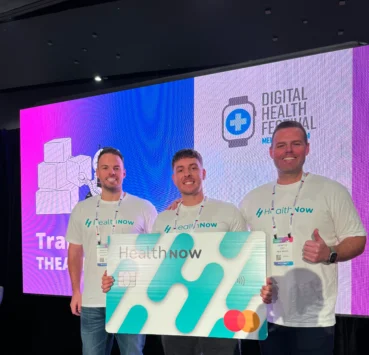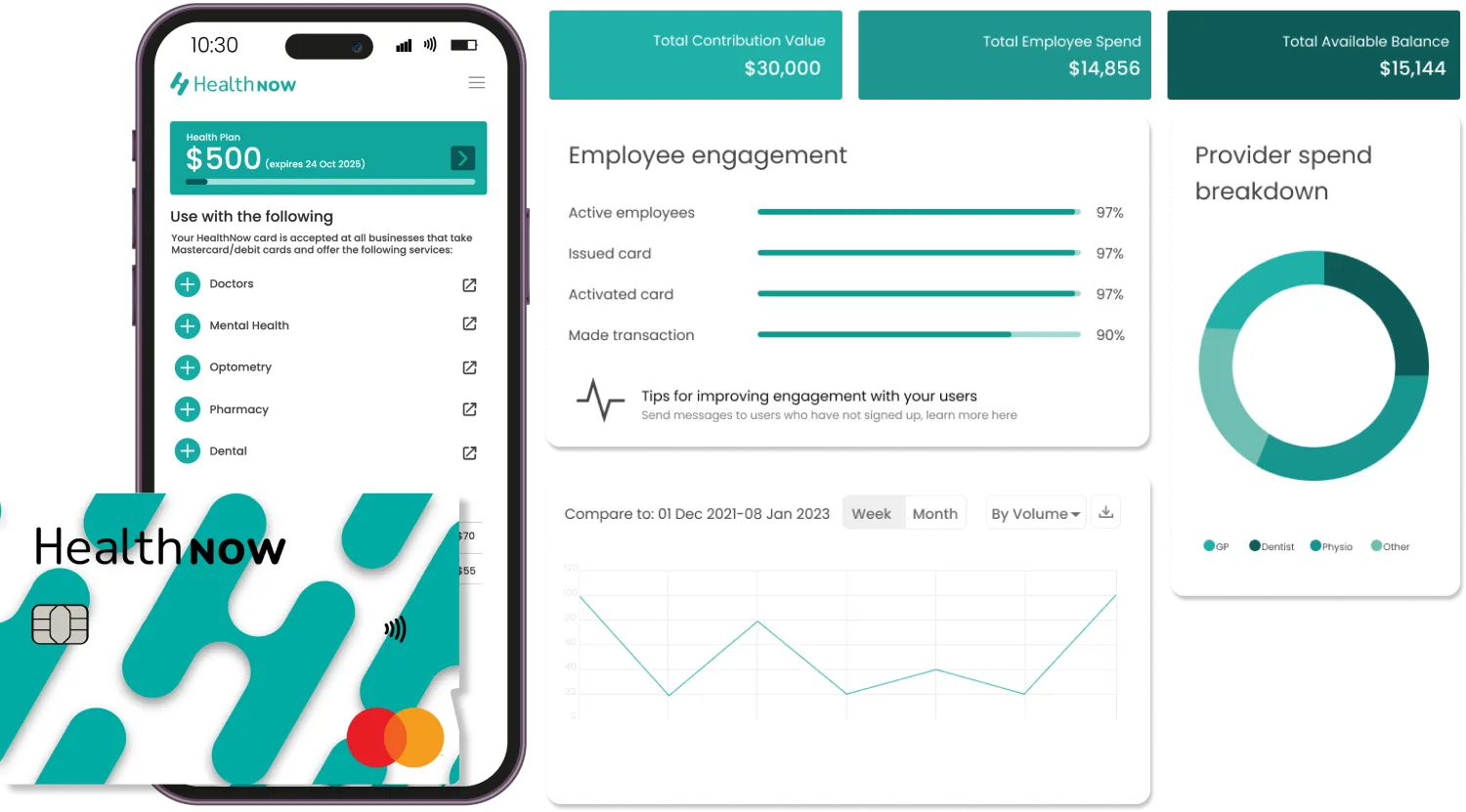Mortgage repayments rising over $1000 per month from the interest rate hike, grocery bills rising by over $100 per fortnight, utility bills increasing by over 10%, ask almost any New Zealander, and the list of increased expenses they’re incurring on a daily basis feels never-ending. While many are quick to dish out ‘money-saving tips’ or temporary solutions like switching to interest-only mortgage repayments for a short period to build up some cash reserves, the effects of the cost of living crisis go far deeper than these tips can impact.
New research found that over half of New Zealand workers are experiencing negative impacts on their mental health due to the increased cost of living. Almost half of employees felt that financial stress was also impacting their physical health, and inevitably, just over a third of employees were experiencing the flow-on effects on their productivity in their workplace.
While the survey also reports significant lifestyle changes to offset the increases in the cost of living by almost two-thirds of NZ employees, the reality is that these “offsetting” changes often aren’t helping them make headway into being able to save money – instead only helping them keep their current financial obligations at a somewhat manageable level. According to the same survey, there’s even a fear of redundancy that is leading to over half of employees taking on extra responsibilities outside of their job descriptions, and over one quarter working harder or longer hours to keep their jobs safe.
With New Zealanders working harder and longer to keep up with their current known financial commitments and provide for their families, there’s a big question that every business owner and manager should be asking: can your employees currently afford to look after their health?
Can Your Employees Afford To Look After Their Health?
For the significant number of people currently making cutbacks just to stay afloat, the very real answer may be no – especially when they have vulnerable family members and children who they may prioritise with the healthcare funds they do have available.
The thing is, New Zealanders do want to gain greater control of their health, with the latest New Zealand Health Survey showing that 61% of people wanted to improve their physical health, 59% wanted to improve their mental health – and 56% wanted to work on proactive health-related aspects like being able to sleep better. With 47% of workers strongly believing that if healthcare was more accessible that they’d be more empowered to be proactive about their health, this is the prime time for employers to be looking at what their role could be in healthcare accessibility for their team.
At the same time, many employers are dealing with the ongoing effects of presenteeism in their workplace, where their employee is present at work, but is unwell to the point of losing significant productivity as a direct result of health problems. While New Zealand statistics on presenteeism are limited, the US economy has over US$150 billion a year in lost productivity due to presenteeism, with the UK showing over £15.1 billion lost each year in presenteeism from mental health concerns alone.
The bottom line is that when employees can no longer afford to look after their health – whether that’s due to cost or having to work harder or longer to try to maintain their job security, everyone suffers, businesses included. This is why many kiwi businesses are now re-evaluating what health in the workplace looks like, and their role in supporting their employees to maintain their health and wellness – and even take proactive steps towards it – in these financially challenging times.
New Zealand Businesses Now Offering Employer Aid Payments
If there’s one thing the cost of living crisis has done, it’s been prompting many employers to review their employee benefits and policies to see if their processes are in line with what employees are really needing at this time, especially when the cost of failing to do so is losing productivity, higher rates of absenteeism due to illness – or even losing staff altogether, given that unemployment rates are still at a record low.
Employer aid gives employees an annual financial contribution – the sum of which is set by their employer – to be used exclusively for health services and products. While health-focused monetary ‘bonuses’ cannot be tracked in terms of how they are spent, employer aid payments are delivered to an employee’s digital card on their phone, accessed via the HealthNow platform. The employer can set limits in which service sectors their employees can access if they wish, otherwise, employees will have full access to HealthNow’s suite of medical and health providers – from optometrists to pharmacies to mole maps, nutrition services, mental health care and much more.
One of the drawcards of HealthNow’s employer aid program is that it contributes to a greater sense of understanding and support by the employer, with the system designed to recognise that a person’s unique definition of “health” can look very different from their neighbour – and the care they receive should match their needs, instead of trying to fit people and their health concerns into a one-size-fits-all category.
For many, health isn’t the textbook “reactive” definition, like when you’re already sick and need to see a doctor for antibiotics. Instead, often it is about addressing parts of a person’s lifestyle that are wearing them down and making them more vulnerable to illness, whether that’s physical, mental or emotional. This can look like working with a nutritionist – or a naturopath – or a psychologist – or an exercise physio. Simply put, it’s about having the freedom to choose who you want to work with in the health realm without strict, limiting terms.
And the benefits to businesses are plenty, for those who have a long-term focus. Improved health and employee satisfaction typically translate to improved employee productivity, higher retention rates, greater leverage for new employee acquisition in today’s competitive market, reduced absenteeism and presenteeism rates – and much more.
Ready to take the next step to effectively supporting your employees to look after their health? Get started with HealthNow today.








